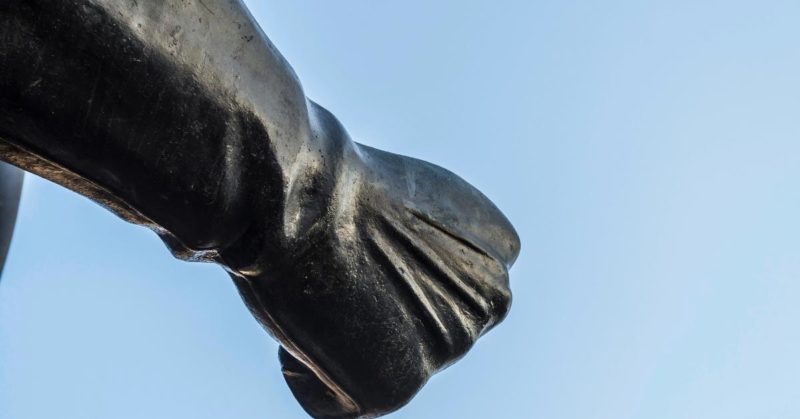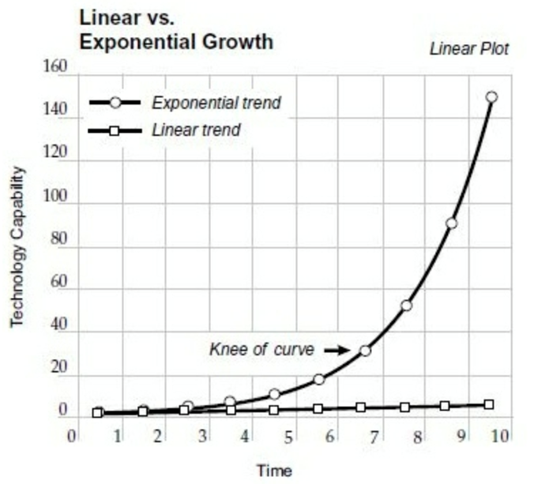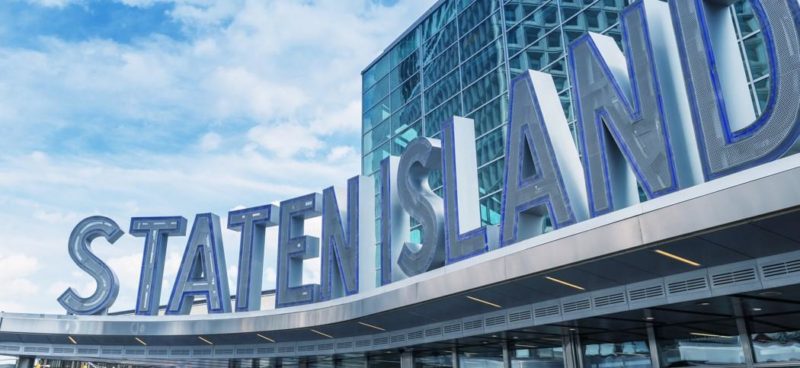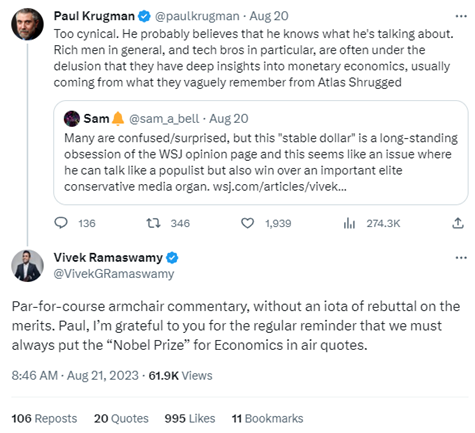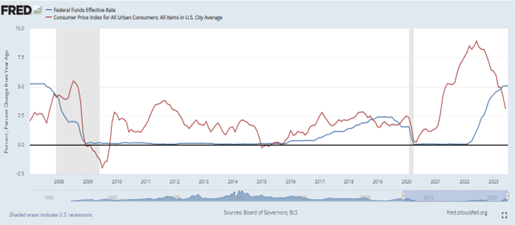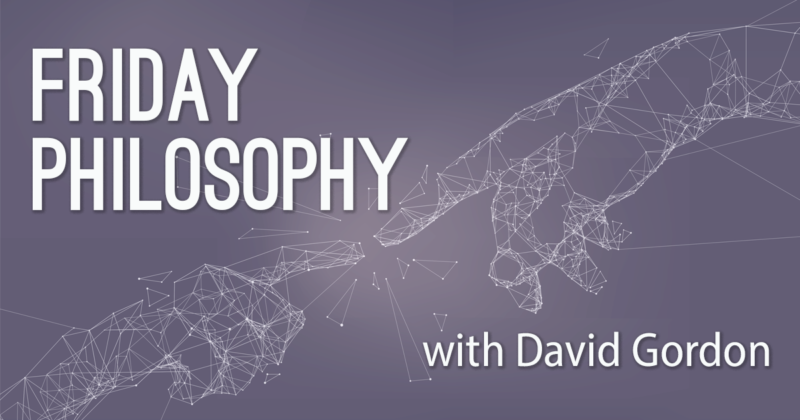Category Archive: 6b.) Mises.org
Decentralization Is Not Fascism
Despite its origin in Marxist-syndicalist thought, “fascism” has long been used as a derogatory label for practically anyone on the right wing of the political spectrum. Sometimes the label is warranted, but other times it is used against those who have virtually nothing in common with fascists, such as libertarian capitalists. Progressives are quick to label any kind of economic deregulation and reduction in federal overreach as “fascist.”
Want to...
Read More »
Read More »
Mises versus Hayek on the Future of Civilization
Ludwig von Mises and F.A. Hayek, two of the best-known Austrian school economists in the twentieth century, may have followed the same school of thought, but they greatly differed in their work. In consideration of human action, the two men differed in their methodology: Mises advocated for a pure use of reason through praxeology, and Hayek, alternatively, defended the compositive method.
In regard to the market process and entrepreneurship,...
Read More »
Read More »
“National Greatness” Is Not the Appropriate Response to “Wokeism”
Many conservatives, in trying to steer the USA away from "wokeism," fail to understand that their “national greatness” schemes are just as harmful.
Original Article: ""National Greatness" Is Not the Appropriate Response to "Wokeism""
Read More »
Read More »
States Are Dying from Corruption and the Exponential
Technology is the main reason why so many of us are still alive to complain about technology.
—Garry Kasparov
If I take 30 steps linearly, I get to 30. If I take 30 steps exponentially, I get to a billion.
—Ray Kurzweil
While world leaders try to decide whether their interests are best served by World War III or some other imposed atrocity, various forces have states targeted for extinction. Chief among these forces is the exponential nature of...
Read More »
Read More »
France’s Unrest Has Deep Roots. Proposed Immigration Restrictions Will Make Things Worse
The rioting in France is not due to racism nor is it the logical end of immigration. Instead, it is rooted in France's minimum wage and other labor restrictions that lead to unemployment and resentment.
Original Article: "France's Unrest Has Deep Roots. Proposed Immigration Restrictions Will Make Things Worse"
Read More »
Read More »
Let Staten Island Secede!
Homeless foreign nationals (i.e., "illegal aliens") began arriving last week at a makeshift shelter in a Staten Island neighborhood. The arrivals come after New York City Mayor Eric Adams decided that a shuttered Catholic school on Staten Island would be used to house some of the more than 100,000 migrants who have arrived in New York City since the spring of 2022.
Staten Islanders, however, were given no veto and no role in determining...
Read More »
Read More »
Physician Burnout: Another Consequence of Medical Socialism
According to the American Medical Association, physician burnout “is a long-term stress reaction which can include the following:
Emotional exhaustionDepersonalization (i.e., lack of empathy for or negative attitudes toward patients)Feeling of decreased personal achievement”The article goes on to say:
Physician burnout is an epidemic in the U.S. health care system, with nearly 63% of physicians reporting signs of burnout such as emotional...
Read More »
Read More »
Easy Money Is a Much Bigger Economic Problem than Debt
While many economists claim that high overall debt levels can lead to economic recessions, irresponsible government spending and money expansion are the real culprits.
Original Article: "Easy Money Is a Much Bigger Economic Problem than Debt"
Read More »
Read More »
Totalitarian Ideals and Not Living by Lies
On we go, further and further into the era of post-journalism, where outlets survive not on the accuracy and honesty of their reporting but on the appeal of their narrative.
—Fred Skulthorp, The Critic
Nobody has missed that the West suffers from a credibility problem. Its institutions—by which we mean the media, government officials, academia, teachers’ unions and other joint societal “stuff” —hold less and less of our collective trust (business...
Read More »
Read More »
Politics Has Infected Everything in Our Society, Especially the Media
Modern American media has become so politicized that a once-venerable institution now cannot be trusted.
Original Article: "Politics Has Infected Everything in Our Society, Especially the Media"
Read More »
Read More »
Breaking Free: How Open Protocols Foster Entrepreneurship, Spontaneous Order, and Individual Sovereignty
The open protocols on the internet would seem to create chaos, but it turns out that they produce the opposite results, encouraging a digital spontaneous order.
Original Article: "Breaking Free: How Open Protocols Foster Entrepreneurship, Spontaneous Order, and Individual Sovereignty"
Read More »
Read More »
Voting with Their Feet: The Lure of Migration
People migrate for many reasons, including moving to a better economy and escaping political persecution. But one thing is certain: people are going to vote with their feet.
Original Article: "Voting with Their Feet: The Lure of Migration"
Read More »
Read More »
Navigating by the Stars on a Cloudy Night
In this episode, Mark examines Fed Chairman Jay Powell's recent confession that the Fed is "navigating by the stars on a cloudy night." This reveals the fundamental methodological weakness of the Fed's economic policy and mainstream economics in general ("data dependency"). In contrast, it also reveals the strengths of Austrian economics, economic theory, and the self regulation of the free market. Mark suggests that we all be...
Read More »
Read More »
Why Stabilization Policy is Destabilizing
U.S. presidential candidate Vivek Ramaswamy took aim at the Federal Reserve recently:
The reality is, if the dollar is volatile, it’s as bad as if the number of minutes in an hour fluctuated. None of us would be here at the same time. […] When the number of dollars [in relation] to a unit of gold or an agricultural commodity is wildly fluctuating, money doesn’t go to the right projects. It’s just wild—it doesn’t make any sense. That’s been an...
Read More »
Read More »
Why the “Just Wage” Theory Doesn’t Make Much Sense
The concept of the "fair wage" or the "just wage" is centuries old. It dates back at least to the Middle Ages and was founded on the idea that "just" prices of goods must be sufficient to provide "a reasonable wage to maintain the craftsman or merchant in his appropriate station of life."
In its modern form, the idea of the just wage is often known as a "living wage." But whatever its form, the...
Read More »
Read More »
There Is No Fed Magic Trick to Achieve a Soft Landing
Economic growth in the United States accelerated to a 2.4 percent annualized rate in the second quarter of 2023, picking up from 2.0 percent in the first quarter, and climbing well above the 1.8 percent rate predicted by economists. Many analysts are surprised that the US economy has continued to expand at a robust pace despite the Federal Reserve’s (Fed) aggressive tightening on monetary policy.
The Fed raised interest rates by more than 500 basis...
Read More »
Read More »
CBDCs: The Ultimate Tool of Financial Intrusion
While the government promotes CBDCs as tools for "inclusion," it is more likely that they will be another vehicle for federal intrusion.
Original Article: "CBDCs: The Ultimate Tool of Financial Intrusion"
Read More »
Read More »
Updating Böhm-Bawerk and Fixing Finance
Peter Lewin joins Bob to discuss his work with Nicolás Cachanosky on uniting Austrian capital theory with mainstream finance.
Peter's New Book on Capital and Finance: Mises.org/LewinBook
Updating Böhm-Bawerk and Fixing Finance
Video of Updating Böhm-Bawerk and Fixing Finance
Join us in Nashville on September 23rd for a no-holds-barred discussion against the regime. Use Code "HA23" for $45 off...
Read More »
Read More »
Understanding Hegel from a Straussian Viewpoint
This book offers an account of Hegel that will surprise many readers—at least it surprised me. The political philosopher Leo Strauss often criticized “historicism,” the view that human beings do not have a fixed nature or essence. Instead, as José Ortega y Gasset put it, “Man, in a word, has no nature; what he has is—history.” G.W.F. Hegel was one of the foremost historicists, so you might expect Strauss to attack him. But, although he does suggest...
Read More »
Read More »
The Unwelcome Return of Covid Restrictions and Lockdowns
The covid restriction machinery is being ramped up in time for fall, despite the fact that covid poses little danger.
Original Article: "The Unwelcome Return of Covid Restrictions and Lockdowns"
Read More »
Read More »









